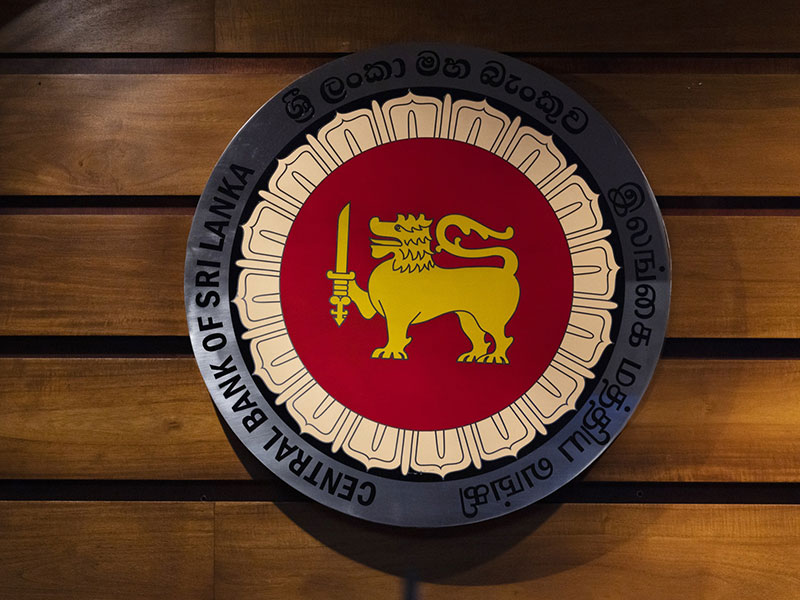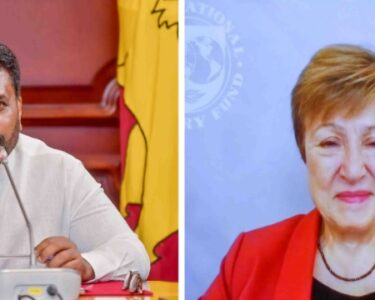In recent years, the Central Bank of Sri Lanka (CBSL) has been criticized for its handling of the economy, with many arguing that the current Central Bank Act (CBA) is hindering its ability to effectively manage monetary policy. This essay will argue that the CBA needs to be amended to allow the CBSL to purchase government debt, to consider a broader range of macroeconomic objectives, and to facilitate a more hybrid monetary system
Economist Hema Senanayaka, who frequently voices his opinion online, has made convincing arguments on why the CBA needs to be amended
The Need for CBSL to Purchase Government Deb
Currently, the CBSL is prohibited from purchasing government debt, except in limited circumstances. This restriction limits the CBSL’s ability to manage the government’s debt and interest costs. The government’s debt has been rising in recent years, and if the CBSL is not able to purchase some of this debt, the interest rates that the government pays will increase, putting further strain on the budget
Allowing the CBSL to purchase government debt in a manner consistent with its overall interest rate strategy would provide the central bank with more flexibility in managing the government’s debt and interest costs. This would allow the CBSL to manage the government’s debt more effectively and to support the government’s fiscal policy
The Need for CBSL to Consider Broader Macroeconomic Objective
Currently, the CBA only requires the CBSL to focus on maintaining price stability. This narrow focus has led some to argue that the central bank is not paying enough attention to other important macroeconomic objectives, such as growth and employment
Amending the CBA to require the CBSL to take into account a broader range of macroeconomic objectives would give the central bank a more balanced mandate. This would allow the CBSL to consider the impact of its policies on a wider range of economic factors, which could help to improve the overall performance of the economy.
The Need for a More Hybrid Monetary Syste
The current monetary system in Sri Lanka is a fractional reserve system, which means that most of the money in circulation is created by commercial banks. This system has several drawbacks, including the potential for debt bubbles
Amending the CBA to facilitate an advanced hybrid monetary system consisting of Public Money Administration and the Fractional Reserve System would allow the CBSL to create money debt-free, which would reduce the risk of debt bubbles. This would also give the CBSL more control over the money supply, which could help stabilize the economy
Economic Stability
The current CBA is hindering the CBSL’s ability to effectively manage monetary policy. By amending the CBA to allow the CBSL to purchase government debt, to consider a broader range of macroeconomic objectives, and to facilitate a more hybrid monetary system, the Sri Lankan government can give the central bank the tools it needs to promote economic stability and growth.







